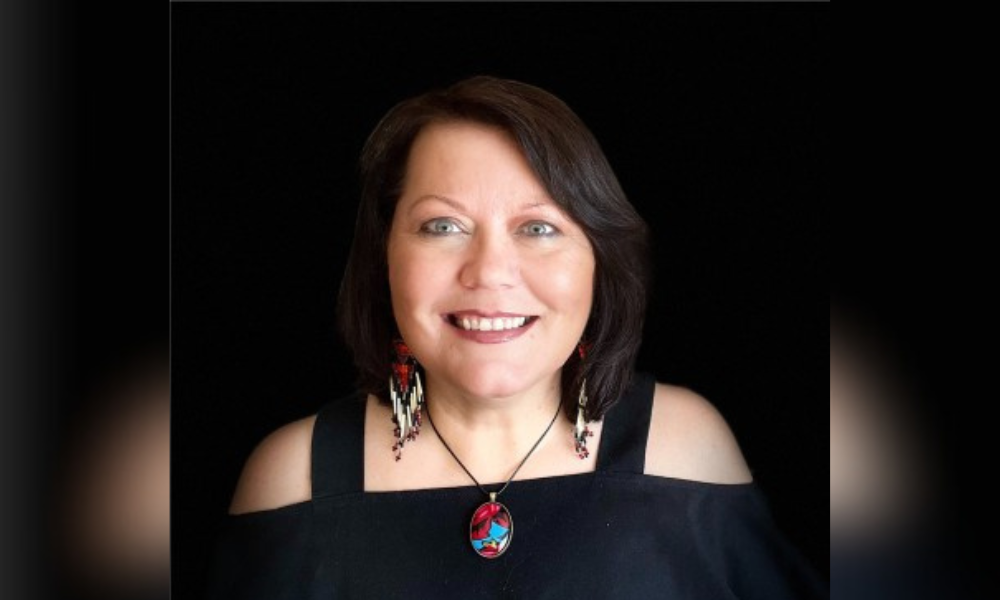'You can grow up and you can grow out' says Cenovus Energy safety leader

When health and safety leaders gather later this month in Calgary for the Women in Safety Summit, a big focus will be on networking and career advancement. Corinne Paul, a specialist in industrial hygiene and occupational health at Cenovus Energy, is slated to participate in a panel focusing on just that. Her role and experiences lend her a unique perspective on leadership, career advancement, and the challenges faced by women in the safety profession.
"Leadership is inherent in what we do as safety professionals," says Paul, highlighting the importance of voice and impact in the workplace.
As she prepares to share the stage during a panel titled ‘Support system-Building your leadership career in the safety sector’, Paul notes her fellow panellists have some more impressive titles than hers. But she says, "the title isn't everything." Paul advocates for a leadership model that prioritizes knowledge expansion and continuous learning over traditional hierarchical progression.
Paul's approach to career development challenges conventional norms, suggesting leadership and growth can occur through gaining a broad understanding of one’s field rather than solely through vertical advancement. "There's two different ways that you can grow. You can grow up and you can grow out," she explains. This philosophy promotes a broader definition of leadership, accessible to professionals at various career stages.
For those starting in the safety profession, Paul offers guidance: "It's a marathon, not a sprint." She underscores the value of mastering one's current role before seeking advancement, advising professionals to be present and fully engaged in their current responsibilities to enhance their knowledge and readiness for future opportunities.
On the topic of networking, Paul shares her personal challenges and the steps she has taken to overcome them. She acknowledges the commonality of networking apprehensions, reassuring others that these feelings are widespread. "Everyone feels the same way," Paul notes, suggesting that simple acts of kindness, like smiling, can ease networking anxieties and foster connections.
Discussing impostor syndrome, Paul observes its prevalence in male-dominated industries like oil and gas and diamond mining, where she has spent her career. She points to the gradual increase in female leadership within safety roles as a positive development. Paul's commentary on seeing more women in managerial positions highlights a shift towards greater inclusivity within the industry.
Looking forward to the summit, Paul expresses her desire to learn from her fellow panelists and to share the understanding that leadership is a significant aspect of the safety professional's role. She emphasizes the value of panels for reinforcing the idea that many professionals share similar thoughts and challenges.
Paul's insights into leadership, career development, and the dynamics of working in safety-focused roles in traditionally male-dominated sectors offer valuable perspectives for professionals in the field. Her emphasis on continuous learning, mastery of current roles, and the importance of networking provides actionable advice for individuals at all stages of their careers.





